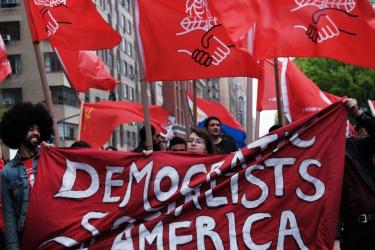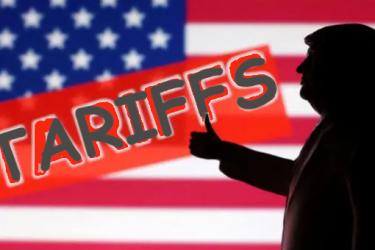United States

‘We’re fighting, and we’re fighting to win’: Interview with Cyn Huang on the DSA National Convention

DSA, the Democratic Party and the radicalization process

Trump is looking to consolidate his populist base without challenging corporate power

Useful enemies: On anti-imperialism and Israel’s war on Iran

Negotiations in Alaska: Does Trump’s peace deal for Putin have a future?

United States: Lessons from the DSA Convention

A political history of the Democratic Socialists of America, 1982-2025

Long wave theory, globalisation’s end, and the coming crises: An interview with William Jefferies

‘The ceasefire never took effect inside Iran’

Prioritizing great power rivalry with China: Trump’s strategy to reassert US dominance

The Islamic Republic of Iran, anti-imperialism and the left

From US hegemony to a ‘war of all against all’: Boris Kagarlitsky on Trump’s first 100 days